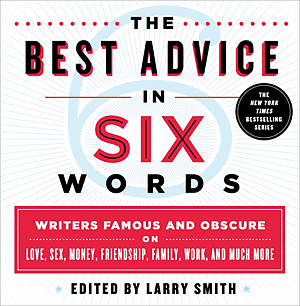From ProofreadNOW:
any more vs. anymore
The one-word form anymore is now accepted as standard when it is an adverb modifying a verb in negative sentences and in questions: He doesn’t play golf anymore; Does he play golf anymore? However, anymore cannot be used as an adjective, as in There isn’t anymore meat, or as an adverb modifying an adjective or another adverb, as in I couldn’t come anymore quickly; it should be any more in both examples.
The two-word form any more was formerly the only one considered correct, and those who want to continue to use it in all constructions can do so, though publishing houses generally accept or prefer the one-word form when it is correct. Anymore has apparently solidified an imitation of other any words such as anyone, anytime, anyway, and anywhere, even though anymore is not the same kind of formation as these other words, a fact borne out by pronunciation; in anymore, the more gets the stress or there is no stress, but in all the other words, any gets the stress.
The one-word form has the advantage of occasionally preventing ambiguity. He can’t eat any more can mean either that he’s had all he can eat for the moment or that he’s wasting away, whereas He can’t eat anymore can have only the second meaning. The context, of course, usually would prevent such ambiguity anyway.
Any more and anymore are used in some regions of the United States to modify a verb in positive sentences: Last year was a bad one, but we’ll be all right anymore. The usage puzzles readers from other regions.
any time, sometime
As adverbs, these words are contractions of at any time and at some time. Whenever the full forms cannot be substituted for the contractions, they should not be contractions but two words: Come anytime today, but I can’t give you any time tomorrow; He said he’d come sometime soon, but the TV may take some time to fix, and we might have to leave it with him for some time. Both anytime and sometime are occasionally used as adjectives: Litchi nuts are an anytime snack; He’s a sometime friend, meaning an inconstant friend; He’s a sometime state senator, meaning a former, or onetime, state senator.
Source: The Handbook of Good English by Edward D. Johnson










Comments on this entry are closed.